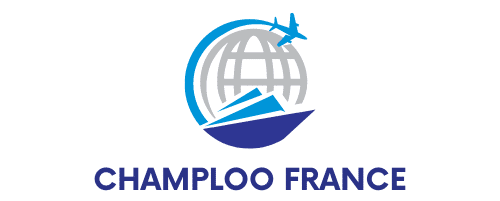The rise of white label saas for businesses

White label SaaS is revolutionizing how businesses function. Offering branded, customizable software without hefty development costs, it's an ideal solution for companies aiming for market differentiation. This article explores key benefits, current trends, and successful implementations, ensuring you're equipped to leverage these innovative tools. Dive into the transformative power of SaaS for unparalleled business growth.
The rise of white label SaaS for businesses
White label SaaS solutions are revolutionizing how businesses access and deploy software. These turnkey solutions allow companies to rebrand and customize software as their own, providing a significant edge in terms of cost-efficiency and rapid deployment. The market for white label SaaS is expanding rapidly, driven by the need for scalable software that can be tailored to specific business requirements without the hefty price tag of custom software development.
En parallèle : What Are the Key Factors to Consider for a Seamless M-commerce Checkout Experience?
Key benefits for businesses
- Brand Identity Reinforcement: Businesses can strengthen their brand by offering customizable platforms under their own label.
- Operational Efficiency: Streamlined operations through integrated solutions reduce overheads.
- Scalability: These solutions grow with the business, ensuring future-proof operations.
- Cost Savings: Avoiding high development costs and quick market entry are crucial advantages.
Current trends and future Outlook
The white label SaaS market continues to evolve with trends such as automation, AI integration, and enhanced data security. Future developments are likely to focus on personalized user experiences and more flexible subscription models, ensuring these solutions remain at the forefront of technological advancement.
Successful implementation of White Label SaaS solutions
Hippopotamus leveraged white label SaaS to enhance customer engagement through consistent and meaningful interactions. Their customizable platform enabled tailored solutions, resulting in higher customer satisfaction and retention.
A découvrir également : How Can Small UK Publishers Innovate to Survive in the Digital Era?
Tookan Delivery Management improved logistics for local businesses, showcasing the power of integrated software solutions in optimizing delivery operations.
Practical guidance on choosing a provider
When selecting a white label SaaS provider, consider customization options, integration capabilities, and reliable customer support. Platforms like SaasNectar offer detailed analyses and reports, ensuring your business remains compliant and secure.
Expert opinions on successful integrations
Experts emphasize the importance of scalable software and market differentiation. Successful integrations often hinge on the ability to tailor solutions to specific business needs, ensuring both operational efficiency and brand identity reinforcement.
Customization and scalability in White Label SaaS
Customization is critical in white label SaaS solutions, allowing businesses to tailor customizable platforms to their unique needs. This adaptability enhances brand identity and improves user engagement by providing a personalized experience.
Scalability is another vital feature, supporting business growth without necessitating significant additional investments. Scalable software ensures that as your business expands, the platform can handle increased demand seamlessly.
The cost-effective benefits of white label SaaS are substantial. By eliminating the need for extensive development and maintenance, businesses can achieve a higher ROI. Furthermore, rapid deployment allows for quick market entry, giving companies a competitive edge.
